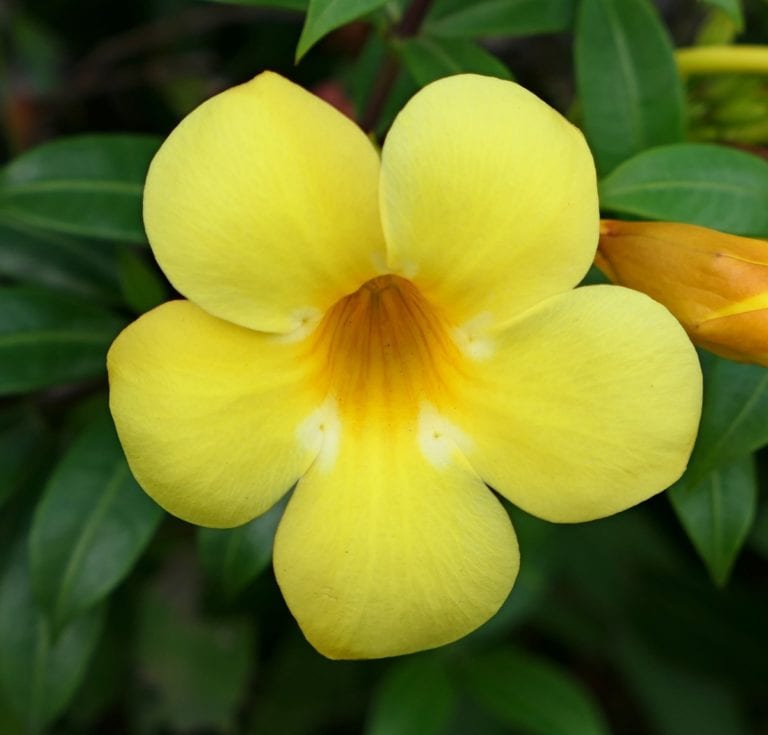Similar Posts

705th Week: Preparing for Change
As we know, the one thing we can depend on in life is change. What I’ve learned in my years as a psychotherapist who specializes in treating trauma is that it makes a big difference if we have time to prepare for change. When life brings unexpected changes, it’s often much more difficult to meet and adapt to those kinds of change in a relatively comfortable way. In my years of teaching Somatic Experiencing, one of the many important things I have learned is that readiness allows our nervous system to meet and move through change in ways that tend to be less traumatic compared to what we experience when something unexpected jumps into our experience. Read More “705th Week: Preparing for Change”

2025 June Meditation
This month, we begin with a focus on timeless stillness, a frequency and state of being that offers deep quiet, a refuge in the core of our body-mind. Then, I invite you to notice your relationship with choice, given that our choices orient us to particular qualities of experience and being, and to choose a frequency for this meditation. Then, notice what it’s like to resonate with it. I also invite you to take time to deeply experience the impact of your choice of that particular frequency and then, after some time, to return to the timeless stillness for a few minutes.
The audio version is here:
If you’d rather do the meditation with images from nature, here’s the YouTube version, here’s the link to that video:

July 2018 Audio Meditation
Here’s this month’s audio meditation on YouTube with video accompaniment: